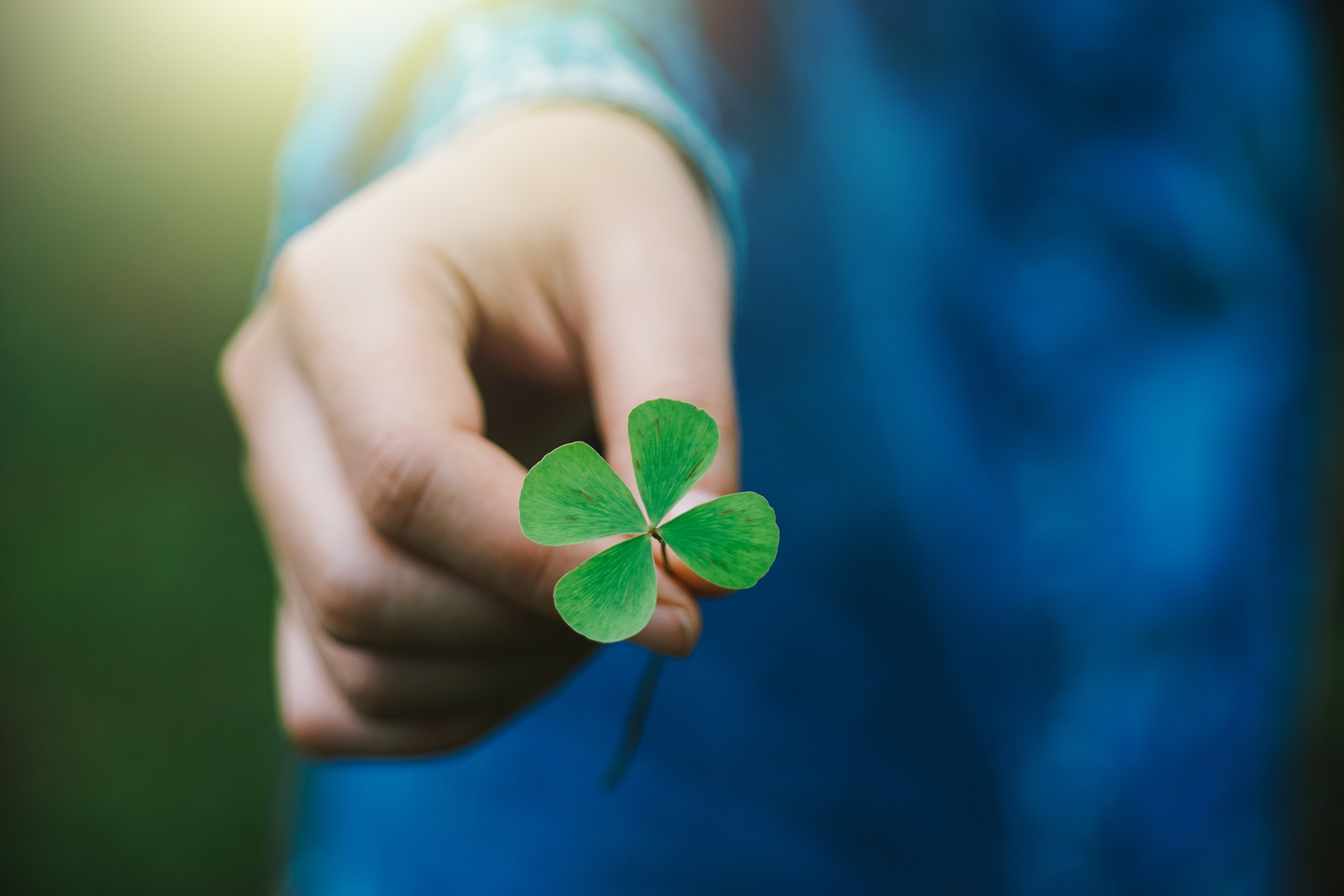It takes more than brains and a great business idea to become a billionaire — it also takes a substantial amount of luck. Just how those two elements stack up against each other, however, varies depending on who you ask.
In episodes of NPR’s “How I Built This with Guy Raz” — a podcast where successful entrepreneurs explain how they founded their businesses — the last question Raz asks each guest is, “How much of your success do you attribute to your skill, your intelligence, your hard work, and how much of it to luck?”
Turns out, the founders of billion-dollar businesses Slack, Squarespace, Away, Shopify, Bumble and Dyson all answered the question differently.
Keep reading to learn which entrepreneurs contribute their success to their own hard work, and which ones say it was all luck.
Dyson chairman James Dyson doesn’t believe his intelligence had anything to do with his success.
However, in a 2018 episode of NPR’s “How I Built This with Guy Raz,” Dyson said he does believe that his perseverance played a role.
“I do believe though that you create your own luck because luck is around,” Dyson told NPR. “When you feel like giving up, that’s precisely the point that everyone else gives up, so it’s at that point that you must put in extra effort. You do that and success is literally around the corner.”
Dyson founded his eponymous company in 1978 when he set out to design a household vacuum powered by a cyclone; he now has a net worth of $5.5 billion, according to Forbes.
Shopify CEO Tobias Lütke said his success is “90%” luck.
Lütke compared the timing of Shopify’s launch to “winning the lottery five times in a row” on an August 2019 episode of NPR’s “How I Built This with Guy Raz.”
“This is not a kind of company that could have been started in two years later,” Lütke told NPR. “… Luck is such a major component of the entire journey.”
Lütke founded Shopify after realizing that there was no good ecommerce platform for small businesses while trying to open an online snowboard business, according to Forbes. Lütke has a net worth of $2.7 billion.
Bumble founder Whitney Wolfe said she “didn’t know if I’d call any of this lucky.”
“If people think I was just at the right place at the right time and just snapped my fingers and twirled a couple of times and here’s Bumble, I mean, they’re really wrong,” Wolfe told NPR. “This has been, we’re talking, all day, every day, ups, downs, highs, lows, and laser focus.”
Wolfe founded the female-centric dating app after a contentious exit from Tinder, which she also cofounded, NPR reported. Bumble was valued at $1.1 billion by Bloomberg Intelligence.
Squarespace CEO Anthony Casalena said he thinks that “anyone who possibly claims that they didn’t get lucky is crazy.”
“I’ve been lucky so many times in my life,” Casalena told NPR. “I’d say that there are qualities I probably have that have helped me stay here, you know, perseverance, and pain tolerance, and some level of adaptability, in my best moments some kind of self-awareness.”
Casalena designed the website-building tool in his dorm room at the University of Maryland, according to NPR. Squarespace was valued at $1.7 billion in 2017, Business Insider previously reported.
Jen Rubio, the founder of trendy luggage brand Away, said her success is “probably 50-50” luck and hard work.
“I think for me personally, luck and timing had so much to do with everything I’ve done at every single step, just in terms of the way we timed things or the people we met or even just the fact that it was really lucky that I called [Away cofounder Steph Korey] when I did and we didn’t take the jobs we were supposed to.” Rubio told NPR. “But I think we worked our tails off especially in that first year just obsessing over everything.”
Rubio’s three-year-old luggage brand is now valued at $1.4 billion, Business Insider previously reported.
Slack CEO Stewart Butterfield said that while “there has been an enormous amount of hard work by a lot of people, there is this real tailwind that we have that makes all of that stuff a lot easier.”
“We did work hard and we’re clever and we were able to call in a lot of experience and I think we did a lot of things right, but there is a real increasing returns dynamic,” Butterfield told NPR. “Once you start to have some success, the rest of the success becomes easier and easier.”
Butterfield founded the workplace messaging app as an internal communication tool for the employees of his now-defunct video game startup, Business Insider previously reported. The company’s July 2019 IPO gave Butterfield a net worth of $1.6 billion, Forbes reported.
Butterfield is also a cofounder photo-sharing site Flickr, according to Forbes.
Originally published on Business Insider.
More from Business Insider
11 billionaires who dropped out of college before making their fortunes


